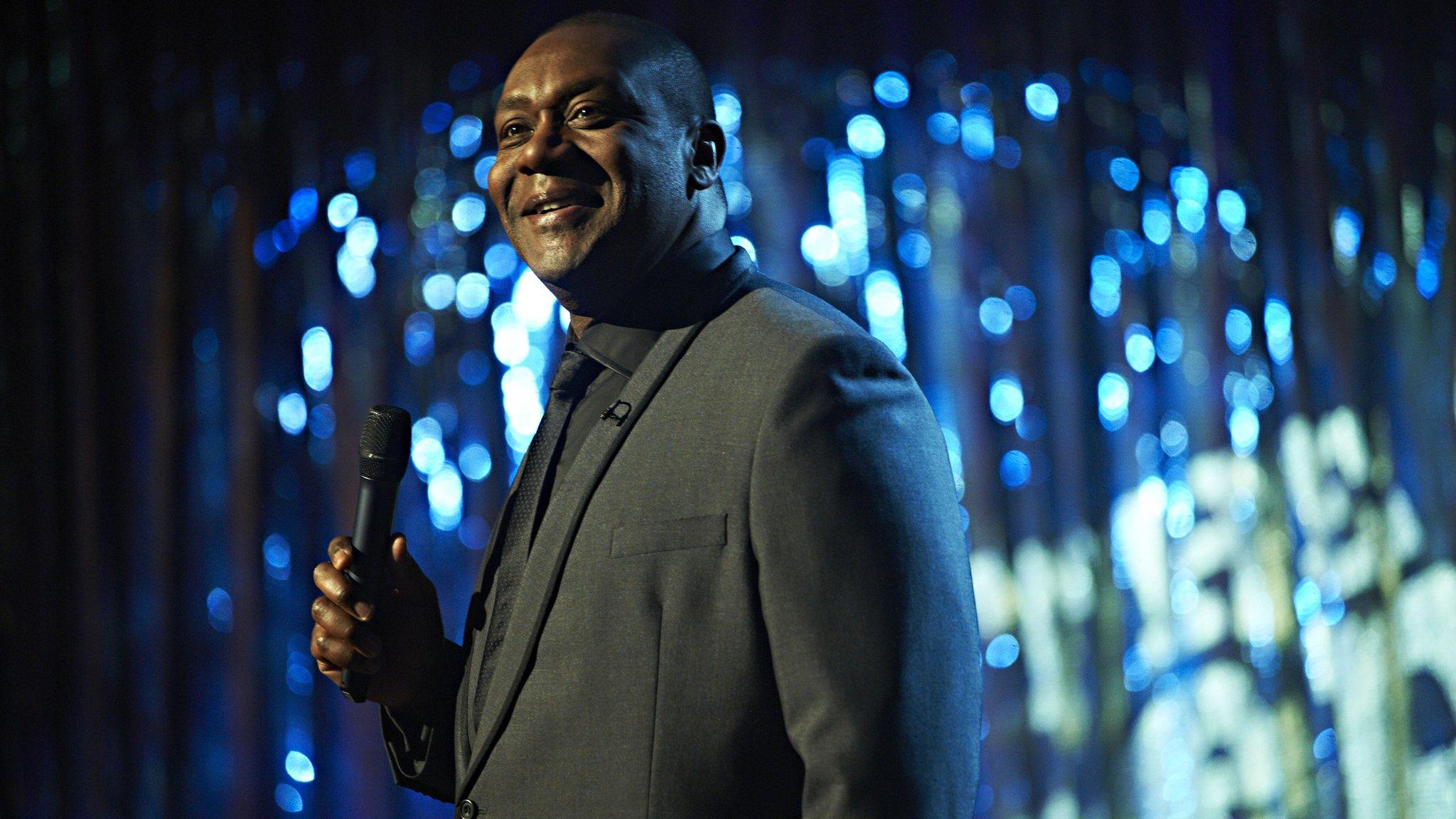BBC launches leadership schemes to boost diversity
- Published
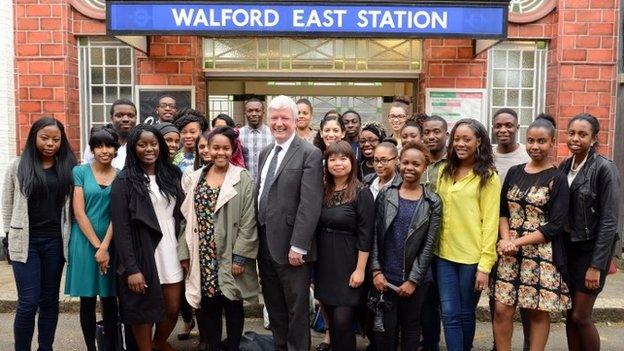
Lord Hall [centre] wants the BBC to be the "first choice" for talented people
Two BBC schemes to boost black, Asian and minority ethnic (BAME) communities in broadcasting have been launched.
Six places are available on the Senior Leadership Development Programme, offering experience alongside BBC head Tony Hall and his leadership team.
The Assistant Commissioner Development Programme is seeking six candidates in comedy, drama, factual, daytime and children's programming.
Lord Hall said the launch was an "important step".
The move is aimed at helping the corporation to become more representative of its audiences.
"I want the BBC to be the first choice for talented people, whatever their background," Lord Hall added.
"The launch of these two leadership programmes is an important step towards a more open broadcast industry. We're working with some very exciting partners on this - and I'm convinced that together we'll make a tangible difference."
The successful candidates for the senior leadership scheme will be given 12 months of training alongside one of the BBC's board members, including director general Lord Hall and James Purnell, director of strategy and digital.
The programme is open to people from both outside and inside the BBC, with successful applicants starting in January 2015. The aim is to encourage those selected to consider and apply for careers as senior leaders in the broadcast industry.
'Range of voices'
BBC One Controller Charlotte Moore said of the assistant commissioner scheme that it was "crucial for the BBC and other broadcasters to broaden the range of voices and backgrounds at commissioning level".
The successful candidates will go on a 12-month paid development programme, "to deepen their understanding of commissioning, and encourage them and others to put themselves forward for commissioning roles, at the BBC and elsewhere".
Lord Hall announced plans for the leadership scheme and for greater BAME representation in broadcasting in June. He said the BBC was putting £2.1m into a fund intended to help BAME talent, on and off screen, to develop new programmes.
BBC targets call for around one in six people (15%) on-air to be from BAME backgrounds within three years - an increase of nearly 5%.
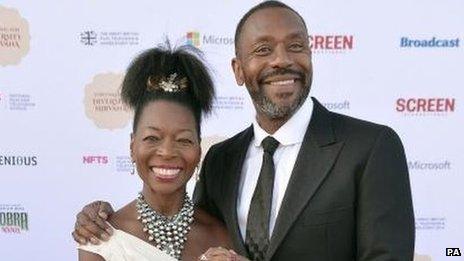
Floella Benjamin and Lenny Henry will both sit on a new independent panel aimed at improving diversity in the media
The 15% target would be across all BBC television output including news, drama, comedy and documentaries. Lord Hall said BBC News had set local targets in London, Birmingham, Manchester and Leicester to reflect the population.
The BBC is also bringing together a group of experts, including Baroness Tanni Grey-Thompson, actor and comedian Lenny Henry, Asian Network presenter Nihal and Lady Floella Benjamin to form an Independent Diversity Action Group, chaired by Lord Hall.
In March Henry called for funds to be set aside to boost the presence of BAME people in the broadcasting industry.
'Little has changed'
He gave a lecture at Bafta, saying the the BAME presence in the creative industries is 5.4%. He called it "an appalling percentage because the majority of our industry is based around London where the black and Asian population is 40%."
Henry added that the situation behind the camera was also "patchy" and that between 2006 and 2012, the number of black and Asian people working in the industry had gone down by 30.9%.
In 2008, he told the Royal Television Society: "When I started, I was surrounded by a predominantly white workforce, and 32 years later, not a lot has changed."
Since then, he has become involved in mentoring schemes to try to change the status quo.
- Published20 June 2014
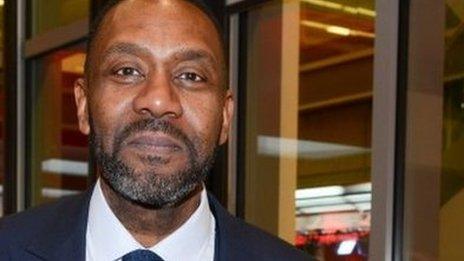
- Published6 June 2014
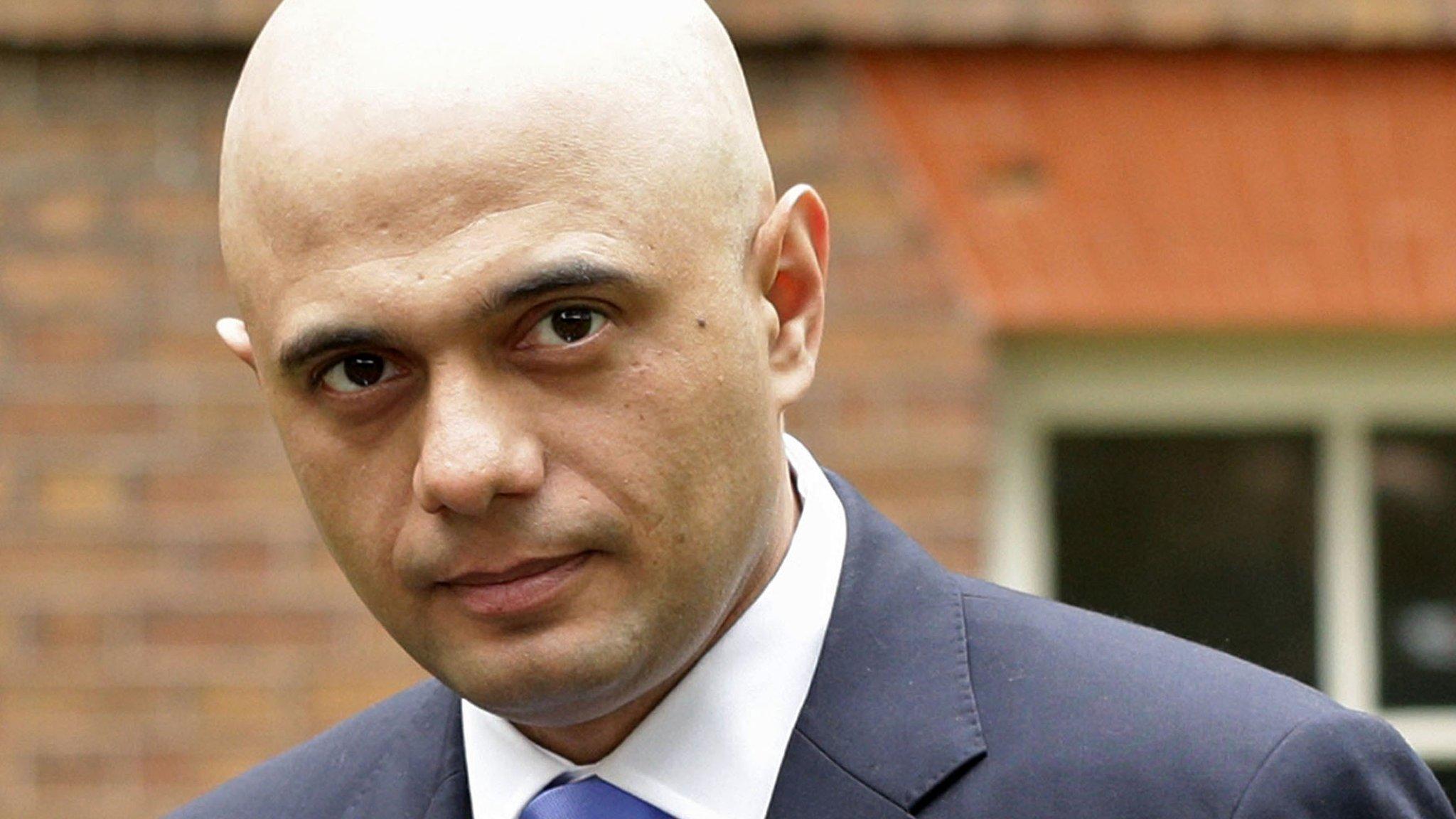
- Published18 March 2014
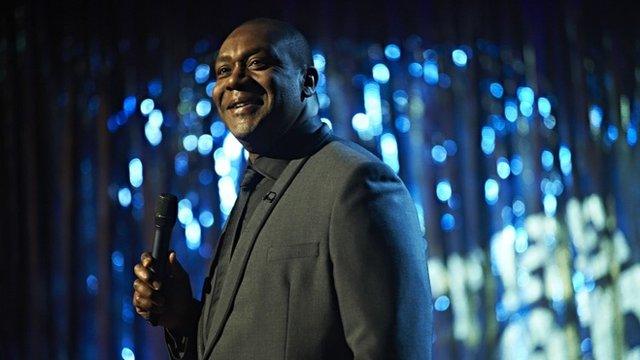
- Published18 March 2014
